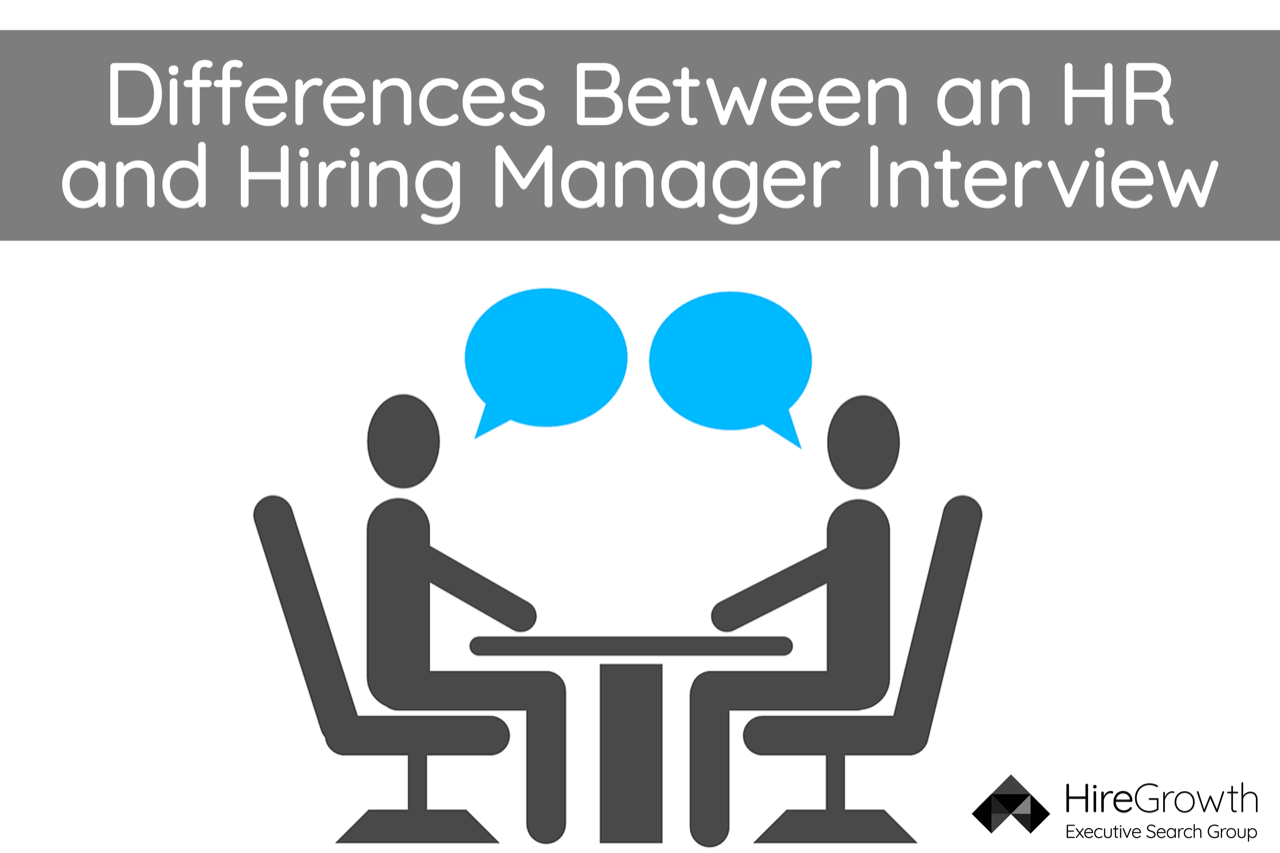A hiring team will often interview lots of people in one day to find a suitable person for a single position. Given how competitive the hiring process can be, how do you get the role? How do you make the most of your limited face time with a hiring manager? The best way to go about this is to know exactly what hiring managers are looking for.
This article will tackle the specific things hiring managers are after and how to best prepare for your interview.
Hiring managers are looking for someone who will complement the team they’ll be working in. ‘Complement’ does not necessarily mean being exactly like the rest of the team. It’s about having the right set of skills and outlook that will help the team function better.
Moreover, HR divisions are usually looking for someone whom they think can make a smooth transition into the company. What managers don’t want is for there to be a big disruption in the workflow due to the transition of new staff.
So how do you translate these defining qualities during your interview?
Indeed.com suggests you start by researching the company and your interviewers. You can start by reaching out to people you know who work in that company: ask them to describe the type of people working in the company and the culture the office strives for. Second, make sure to show how your experience is right for the job. CNBC advises applicants not to ramble on about their resume but highlight key experiences that demonstrate how well you will fit the position.
Third, talk about how capable you are in managing your time, as most interviewers are looking for good time managers. Here on HireGrowth we stress the importance of time management habits to increase productivity. This is becoming increasingly crucial as more companies start to hire remote workers. Maryville University states that more businesses are adapting to a remote workforce, with an increasing demand for specialists who can bring about organization change. This is why modern managers need employees who understand that the success of a company is dependent on how well they can work independently outside of a traditional office.
Lastly, show your interviewer that you’re enthusiastic about the company. Communicate how interested you are in the job by knowing what it’s about. Career Sidekick suggests that both your cover letter and your interview should demonstrate your unique enthusiasm about the company and the position.
There are also some things that can be done to help your application after the interview. Eva Benoit’s article on impressing hiring managers talks about the value of sending a comprehensive thank you email either that evening or the next day. Sending an email helps reinforce your application and create a new line of communication between you and the manager.
It must be said however that while reading these tips is useful, what will seal the deal is practice. Above all, practice in getting used to answering interview questions in a comprehensive yet concise manner. This will help build your confidence during interviews and ultimately being offered the job.
Exclusively written for HireGrowth.Org
Guest Post: Cressida Freya
Image Source: Pixabay




